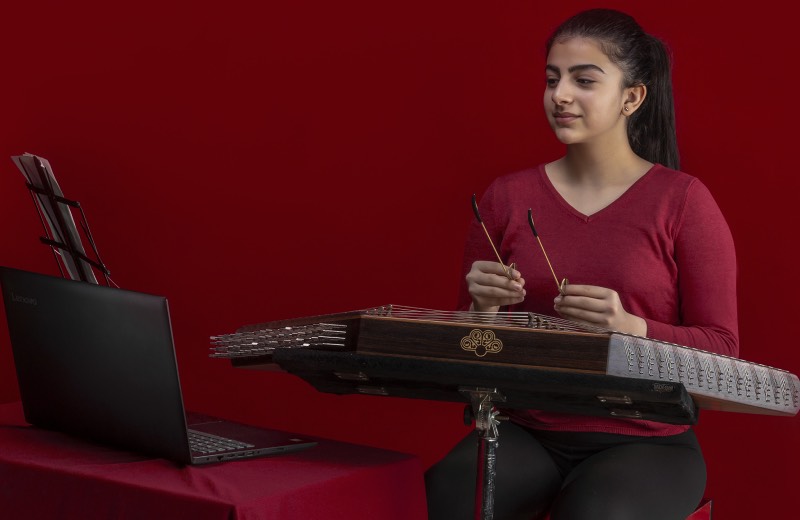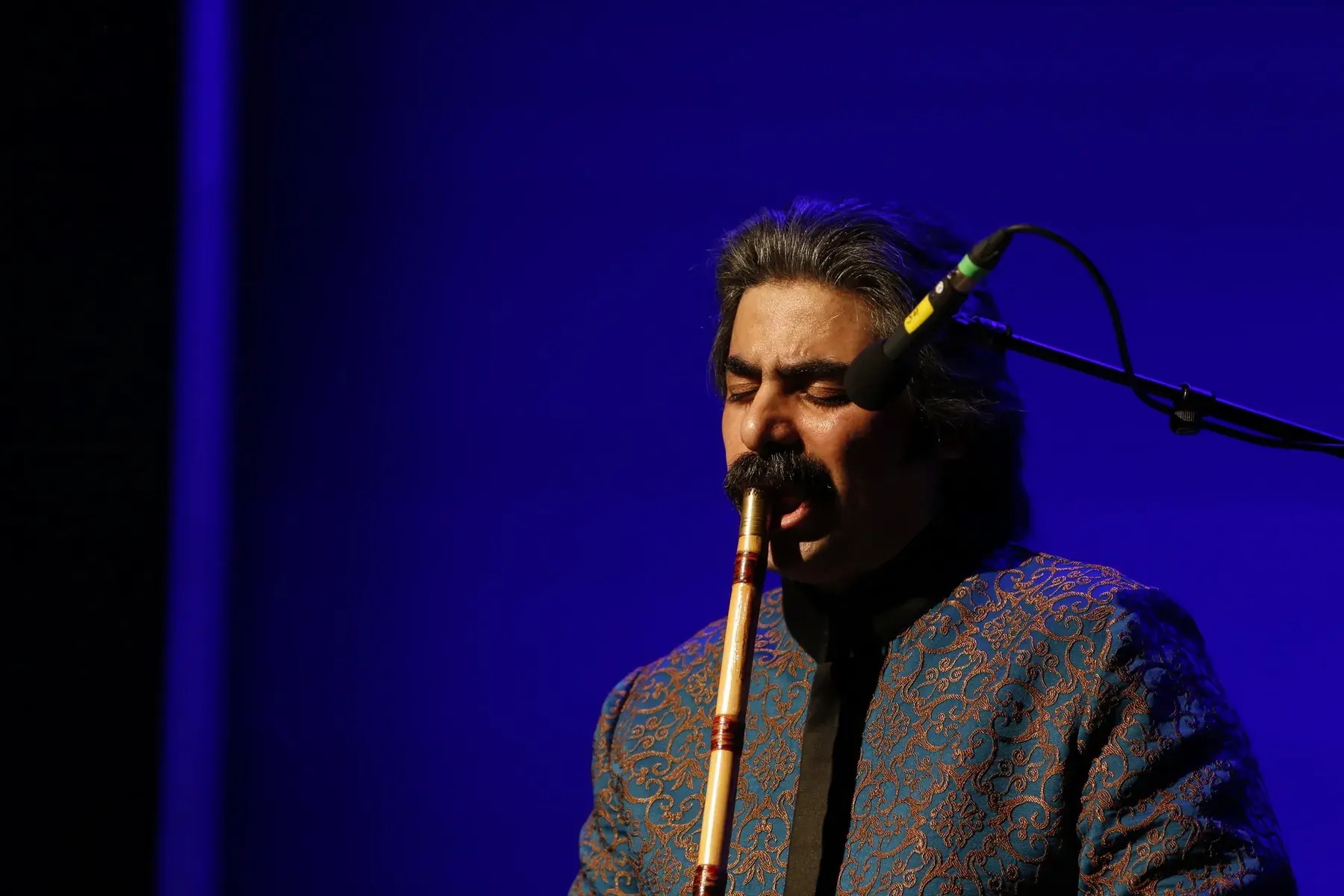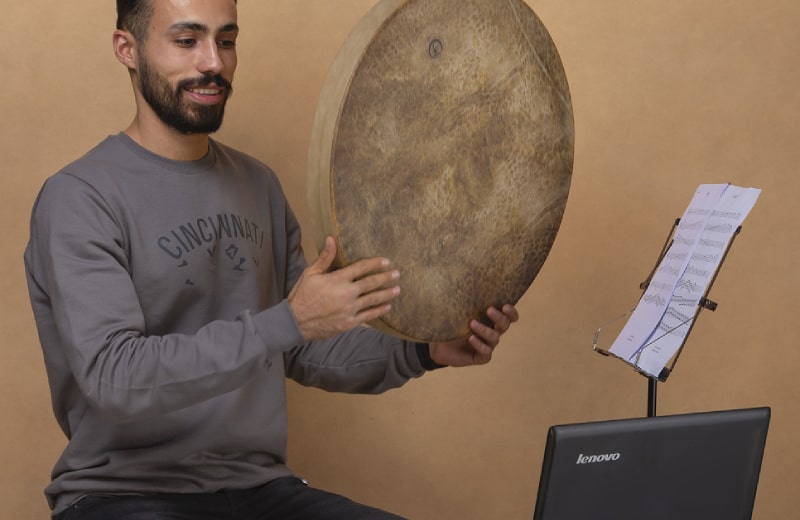Persian Vocal Lessons
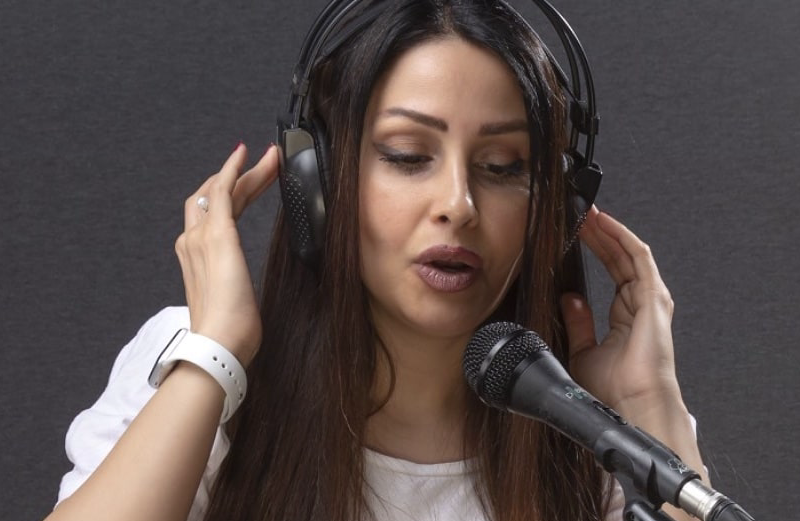
This program is perfect for those looking to find and reach their maximum vocal potential and learn folk songs, old Persian songs and Tasnif. Each lesson takes place between the teacher and one student for either 30, 45 or 60 minutes.
As a singer, vocal coach and music director, Abdolreza (Abdi) has auditioned and educated hundreds of students in his career. He strives to provide the best possible music education for every student. This is accomplished by providing exciting work for the student, such as foundational vocal techniques, learning pieces, music theory, ear training, etc.
Lesson plans are customized to each student based on age, previous experience, style, individual goals, etc.
Abdolreza (Abdi) is passionate about helping their students find confidence and core strength in their singing through the study of solid technique and interpretation. Whether you want to sing folk songs, pop, opera, or musical theatre, or just because you love to sing, he can help you sing better, more comfortably, and confidently. He will always focus on what is best for your voice and what you want to sing.
Students at all levels will be given a selection of repertoire from multiple eras of music (Persian, English, Spanish and Italian Folk songs, old Persian songs) to study and perfect.
These are some of the areas that he works on:
Vocal Quality: Is your voice pleasant to listen to? Are you controlling your breath, posture, and other aspects of vocal production to get a good "sound?" Does your voice sound healthy?
Intonation: Are you singing "in tune?"
The most basic definition of "singing in tune" is "matching pitch." This means you can sing the right note at the right moment in the melody.
Vocal Range: What is your vocal range? Did you find your voice type?
Vocal range is a measurement of the distance from the lowest note to the highest note that a person can sing. Vocal range is very helpful in defining a singer's voice type (Bass, Bariton, Tenor, Alto, Mezzo and Soprano), measuring vocal progress over time and choosing songs and repertoire that fit a singer's voice.
Rhythmic Interpretation: Is the rhythmic feel correct for the musical style and tempo?
Song Choice/Prep: Is the song a good song for you to sing? Is it a good audition song? Are the lyrics memorized? Do you have it in the right key?
Diction: Can we understand the words?
Diction is simply the pronunciation or enunciation of your vocal expression.
Dynamics: Are you using them to your advantage? Dynamics refers to sound level, articulations, and transitory elements such as vibrato, glissandos, or cadenzas.
Stage Presence: Do you seem comfortable on the stage? Are your attire, movements, and facial expressions all appropriate to the song and the musical setting?
Important Facts & FAQs
Highly recommended for students of eight years or older
Offered but less recommended for students seven years or younger
Extremely useful for children and adult learners
The most effective format for learning technique, classical, folk repertoire
- No skills are required; you can be a beginner student
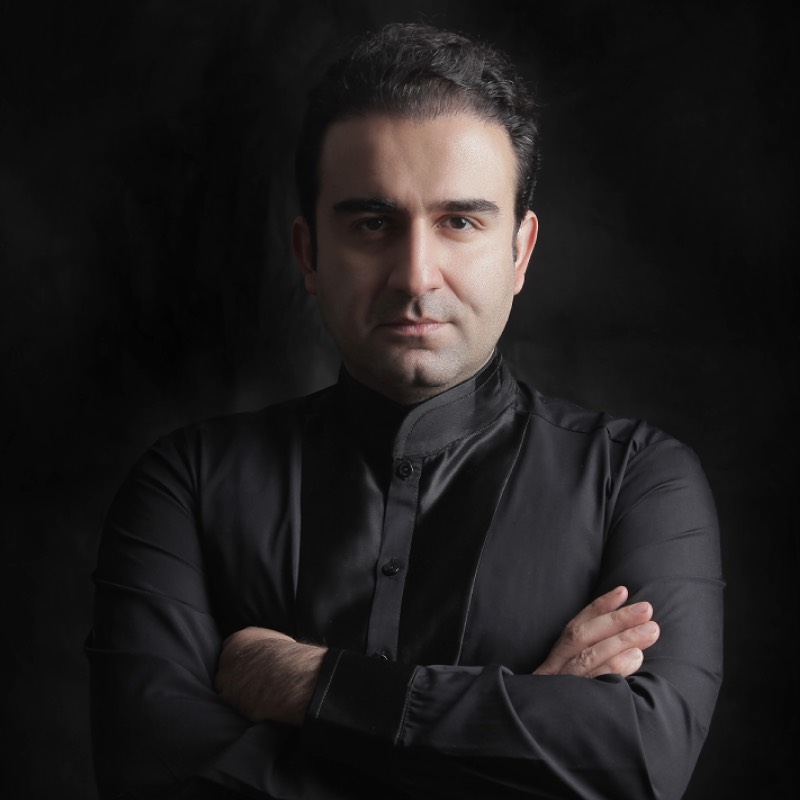 by
by 